info@vivavel.com
+919818262686
+919818262686
 info@vivavel.com
info@vivavel.com +919818262686
+919818262686Colorectal cancer is a common type of cancer that starts in the colon, also known as the large intestine or the rectum, which is the lower part of the digestive system. This cancer often begins as small, non-cancerous growths called polyps. Over time, some polyps can turn into cancer if they are not found and removed.
Common symptoms of colorectal cancer include changes in bowel habits, such as diarrhea or constipation, blood in the stool, and unexplained weight loss. Some people may also experience abdominal pain or cramping.
Early detection is key to successful treatment of colorectal cancer. Doctors usually recommend regular screenings, like colonoscopies, to find polyps before they become cancerous. If caught early, colorectal cancer can often be cured through surgery, chemotherapy, or radiation therapy.
Maintaining a healthy diet, exercising regularly, and avoiding smoking can also help lower the risk of developing colorectal cancer. It's important to see a doctor if you notice any unusual symptoms, as early treatment leads to the best outcomes.
 Symptoms of colorectal cancer may not appear right away, but when they do, they can include:
Symptoms of colorectal cancer may not appear right away, but when they do, they can include:
Changes in bowel habits: Diarrhea, constipation, or a change in stool consistency.
Blood in stool: Bright red or dark stools.
Abdominal discomfort: Cramps, gas, or pain.
Weakness or fatigue: Feeling tired without reason.
Unexplained weight loss.
A feeling that your bowel doesn't empty after a bowel movement.
Note: If you experience any of these symptoms, especially blood in your stool, consult a doctor immediately.

 Colorectal cancer happens when healthy cells in the colon or rectum develop changes (mutations) in their DNA. These cells grow uncontrollably, forming a tumor. The exact cause isn't always known, but some factors that increase risk include:
Colorectal cancer happens when healthy cells in the colon or rectum develop changes (mutations) in their DNA. These cells grow uncontrollably, forming a tumor. The exact cause isn't always known, but some factors that increase risk include:
Genetic mutations: Changes passed down through families.
Lifestyle factors: Poor diet, smoking, and alcohol use.
Inflammation: Chronic conditions, such as inflammatory bowel disease (IBD), increase the risk of inflammation.
If you notice blood in your stool or unexplained changes in bowel habits.
Persistent abdominal pain or cramps that don't go away.
Fatigue and weakness that don't improve with rest.
Unexplained weight loss.
Seeing a doctor early can help diagnose cancer at a more treatable stage.
 Several tests can help diagnose colorectal cancer:
Several tests can help diagnose colorectal cancer:
Colonoscopy: A flexible tube with a camera is used to examine the entire colon and rectum. Polyps or abnormal areas can be biopsied.
Stool tests: These examine your stool for hidden blood or abnormal DNA.
CT Colonography: A CT scan that provides images of the colon and rectum.
Biopsy: If a suspicious area is identified, a small tissue sample is taken and analyzed for the presence of cancer.
 Do's:
Do's:
Eat a healthy diet: Focus on fruits, vegetables, whole grains, and fiber.
Exercise regularly: Aim for at least 30 minutes of activity most days.
Get screened: Regular screening, especially after the age of 50, helps detect polyps before they develop into cancer.
Maintain a healthy weight: Being overweight increases your risk of cancer.
Limit alcohol: If you drink, do so in moderation.
 Don'ts:
Don'ts:
Don't smoke: Smoking increases your risk of many types of cancer, including colorectal cancer.
Limit red and processed meats: These have been linked to a higher risk of colorectal cancer.
Don't ignore symptoms: Early detection is key, so if you experience any warning signs, see a doctor.
Disclaimer:
Our medical content authors have diligently gathered and synthesized information on this topic to offer valuable insights to our readers. Drawing from a range of reputable medical journals and health resources, this content aims to enhance understanding of the subject. It's essential to remember that while this information is informative, it should not replace personalized consultation or treatment from a qualified healthcare professional. For further details, please refer to our Editorial Policy.
For this topic, our authors used some of the following resources:
Verywellhealth | What Is Colorectal Cancer?
American Cancer Society | Colorectal Cancer Causes, Risk Factors, and Prevention





![]() Pusa Road, Radha Soami Satsang, Rajendra Place New Delhi, 110005 India
Pusa Road, Radha Soami Satsang, Rajendra Place New Delhi, 110005 India
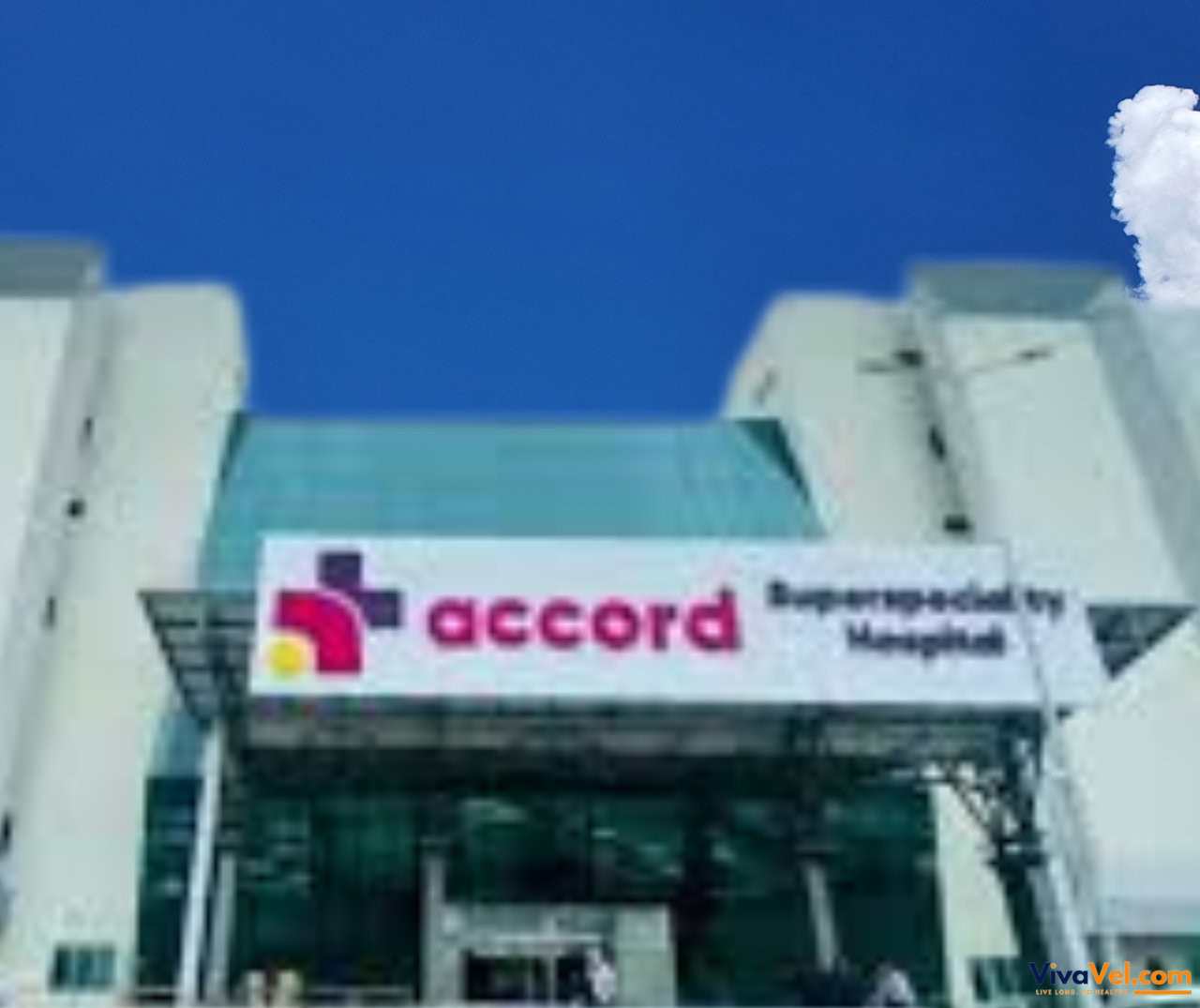


![]() Budena Village, Sector 86, Faridabad, Haryana 121002, India
Budena Village, Sector 86, Faridabad, Haryana 121002, India
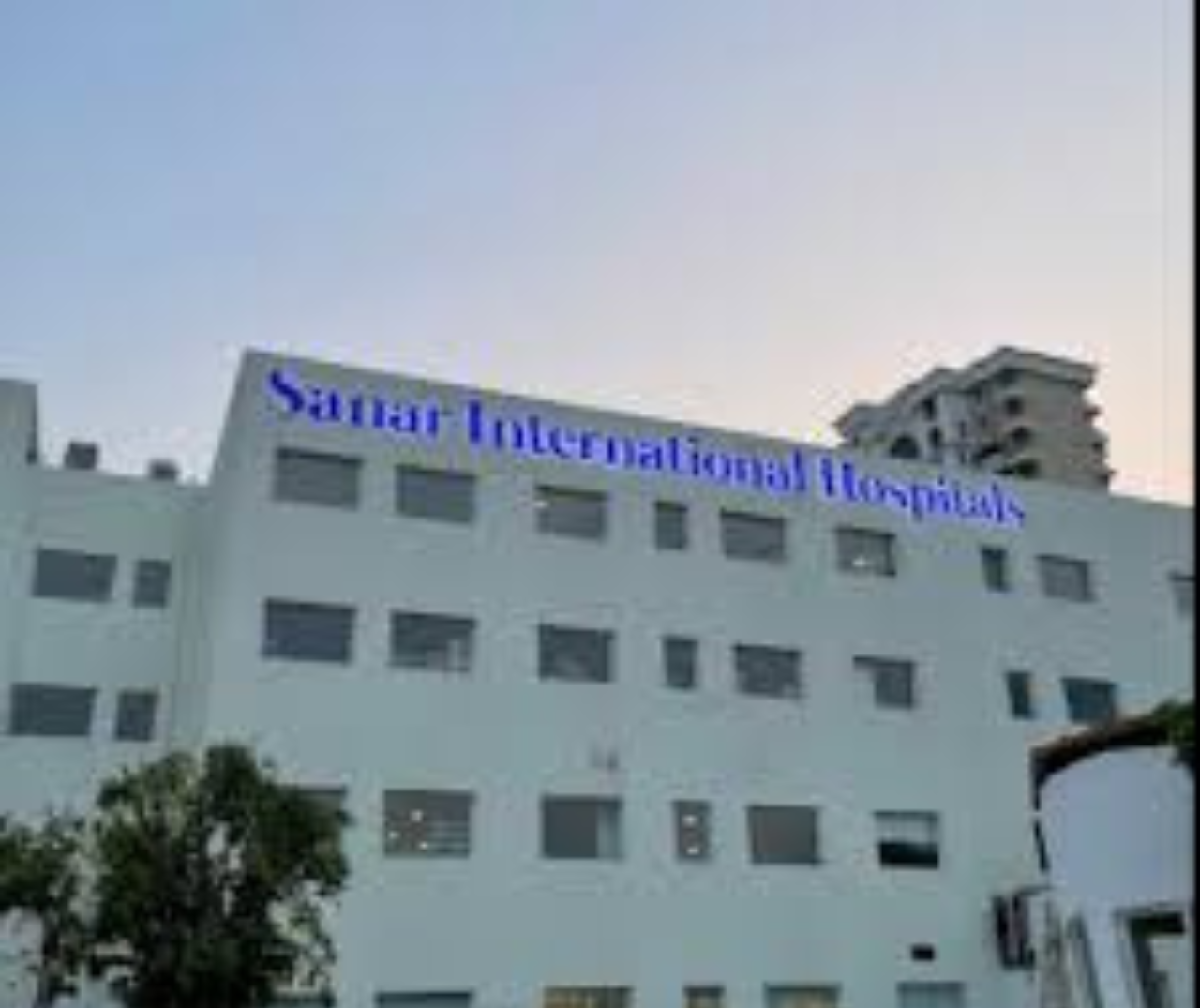


![]() Golf Course Rd, Parsvnath Exotica, DLF Phase 5, Sector 53, Gurugram, Haryana Gurgaon, 122022 India
Golf Course Rd, Parsvnath Exotica, DLF Phase 5, Sector 53, Gurugram, Haryana Gurgaon, 122022 India
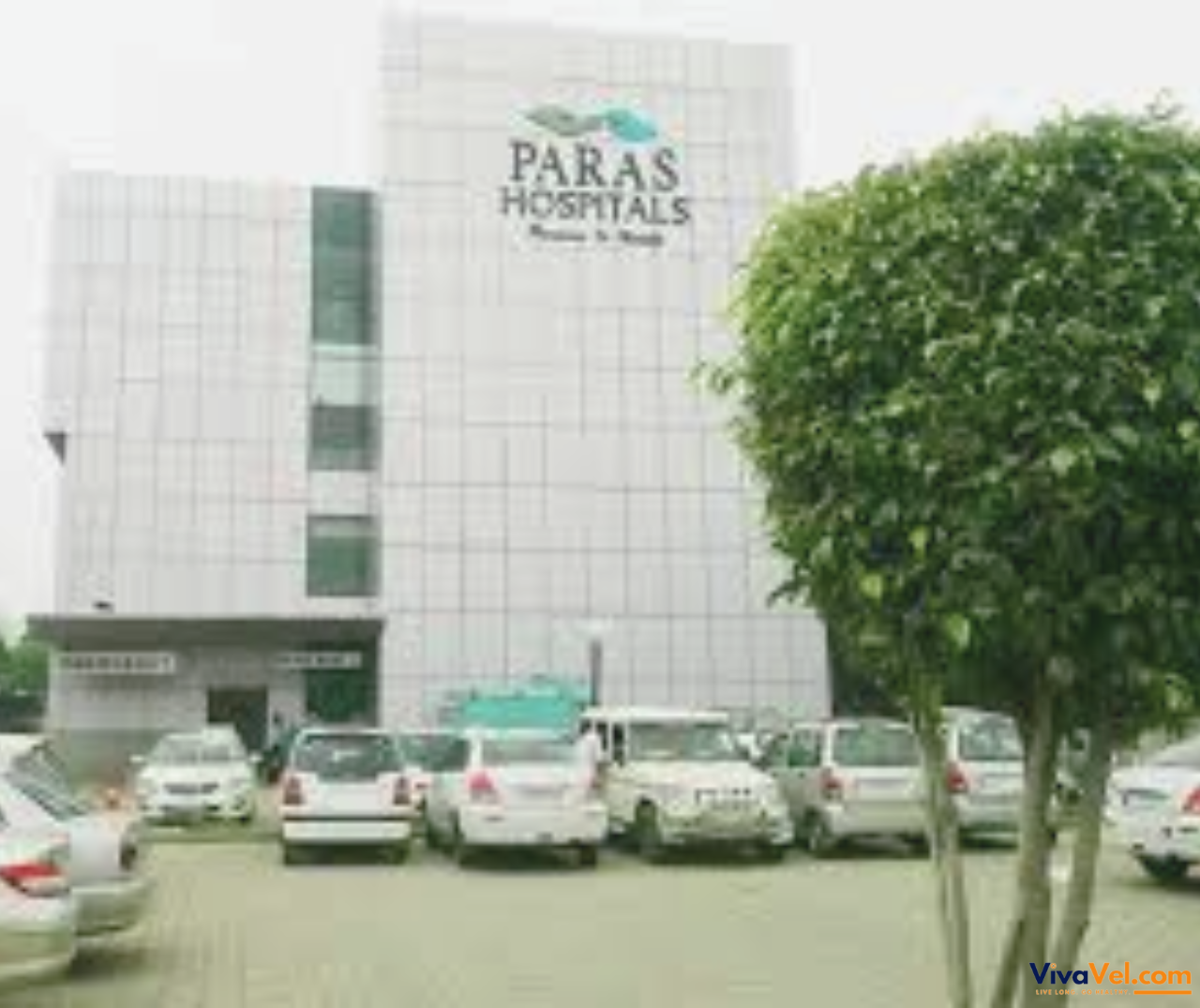


![]() C-1, Sushant Lok- 1, Sector-43, Phase- I, Gurugram, Haryana, 122002
C-1, Sushant Lok- 1, Sector-43, Phase- I, Gurugram, Haryana, 122002

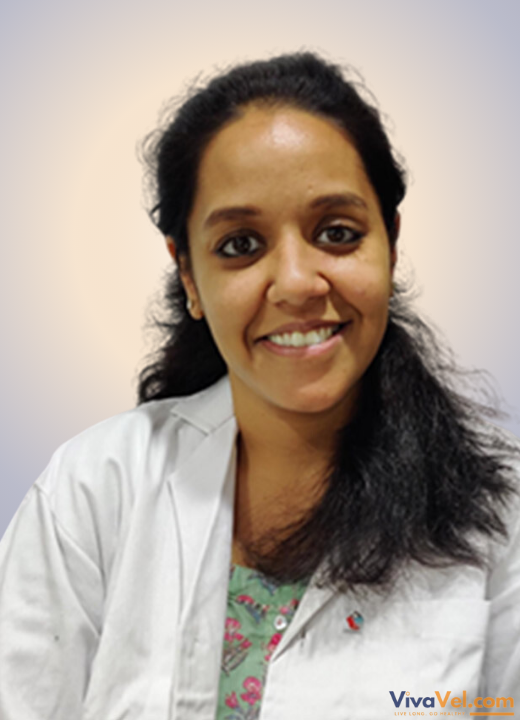
Dr. Pooja Agarwal stands out as one of the oncologists in Kolkata, specializing in breast cancer surgery. With over 10 years of experience, she has earned a reputatio...

Dr. Harsh Vardhan Atreya is a prominent Consultant Medical & Hemato-Oncologist specializing in Bone Marrow Transplantation. With training from esteemed institutio...
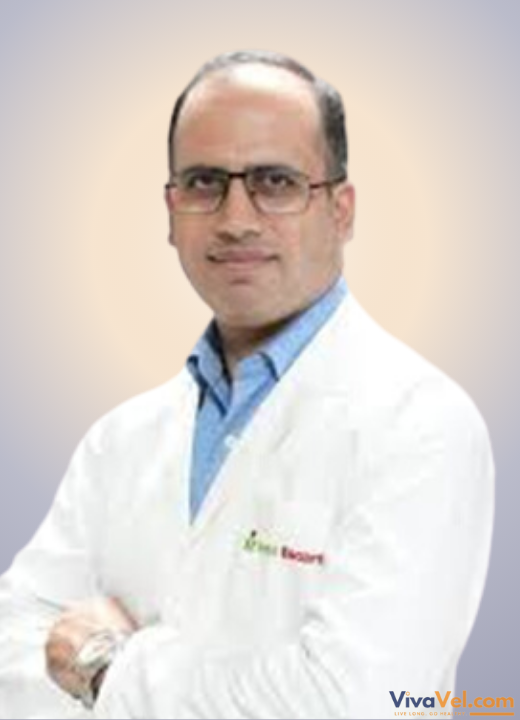
Dr. Imran Khan has joined Fortis Escorts in Okhla Road, New Delhi, as an Associate Consultant in Medical Oncology. He brings over 12 years of experience in oncology. ...
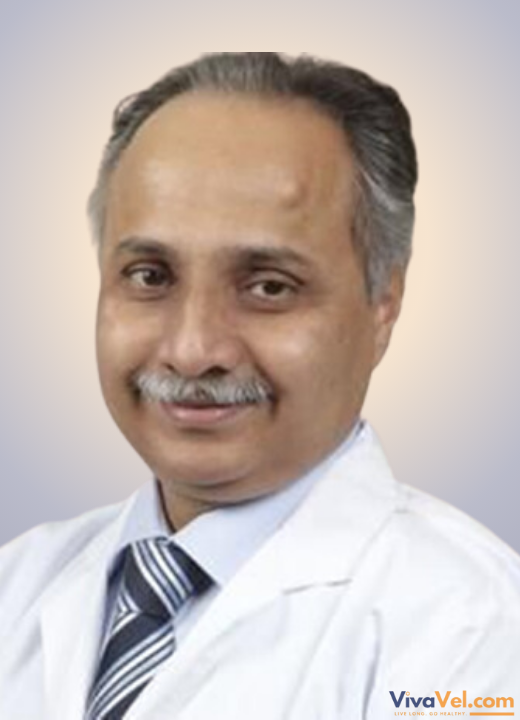
Dr. Harit K Chaturvedi heads the Max Institute of Cancer Care. He has been with Max Healthcare since 2009 and has worked hard to create one of the best cancer treatme...
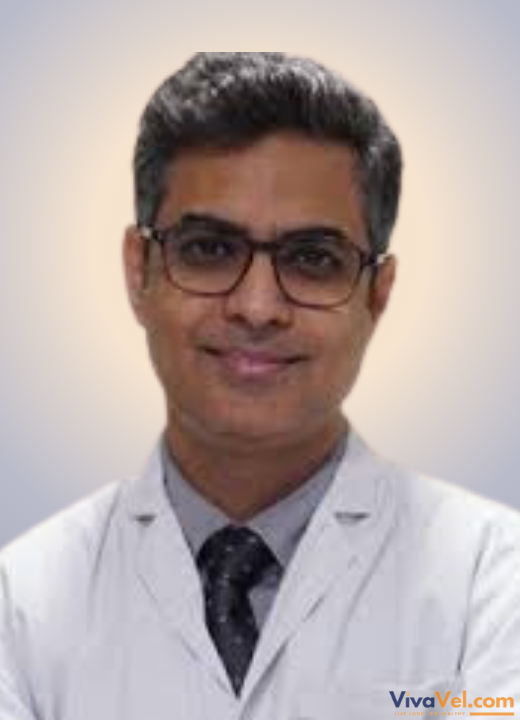
Dr. Asit Arora is a highly regarded Surgical Gastroenterologist specializing in Gastrointestinal and Hepat-pancreato-biliary (HPB) surgery. He is based in the Delhi N...

Dr. Nikhil Agrawal is a distinguished Gastrointestinal (GI) and Hepato-Pancreato-Biliary (HPB) Surgical Oncologist, serving as the Director of GI-HPB Surgery and Oncology at ...
Treatment Plan & Cost within 2 days
